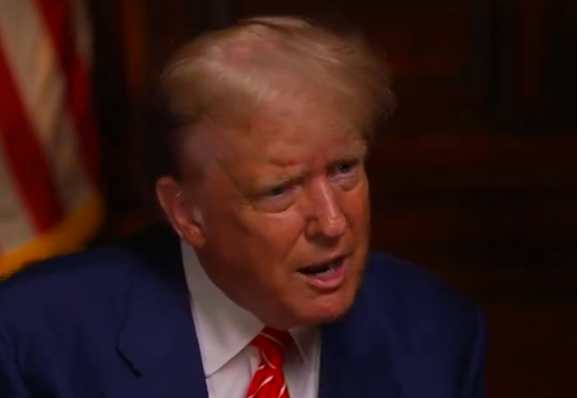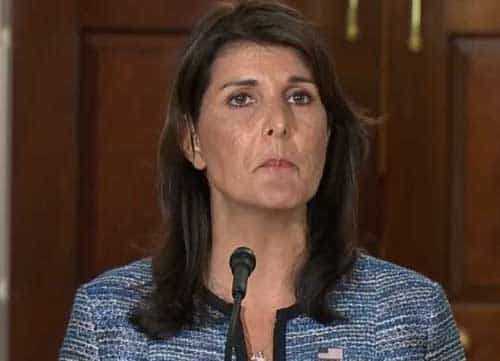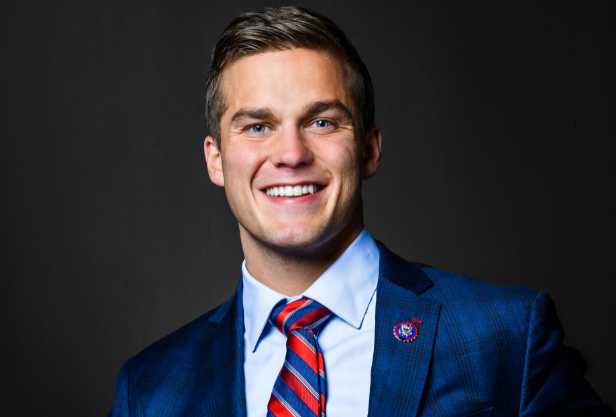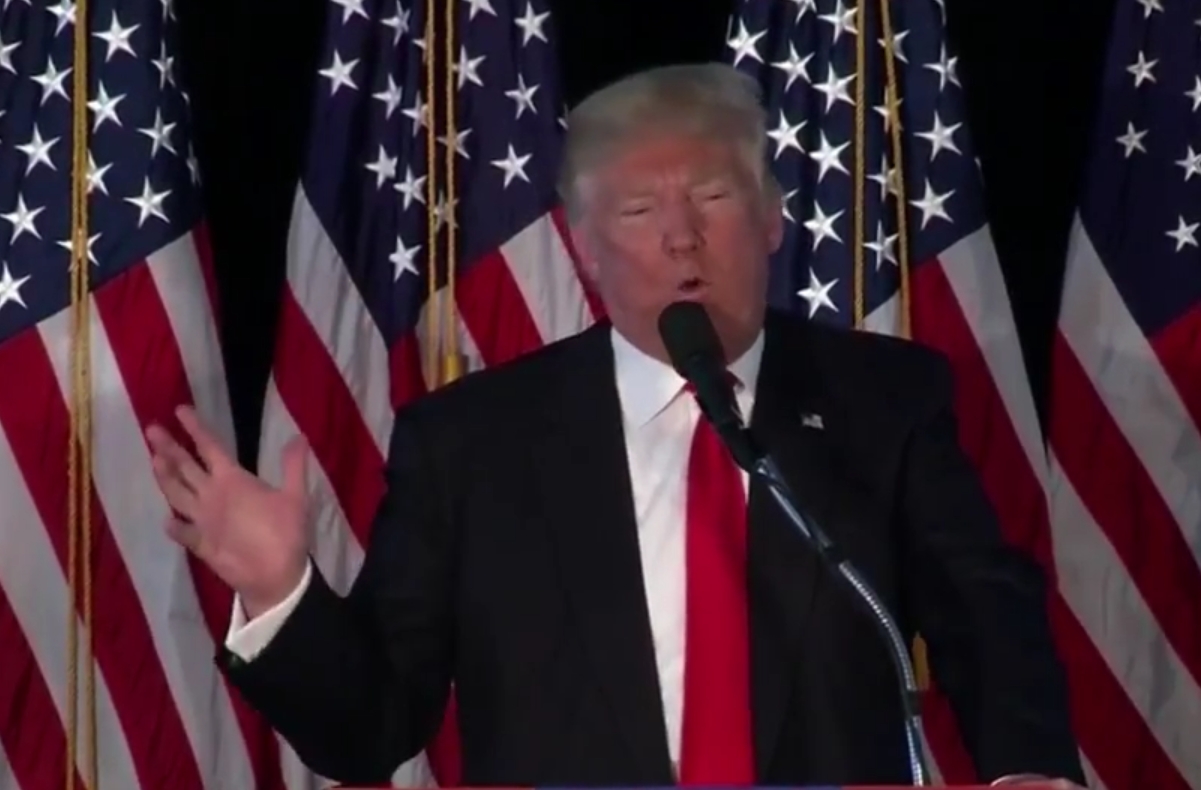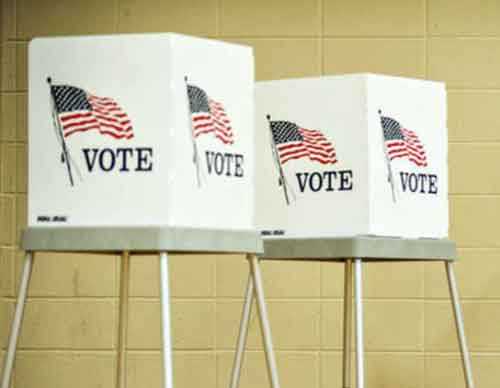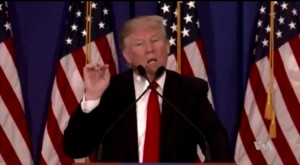
March 15 now looms as a critical day in the Republican presidential race. Five states vote on Tuesday: North Carolina, Missouri, Illinois and delegate-rich Ohio and Florida, both of which are winner-take-all contests. A sweep of all five states by front-runner Donald Trump would catapult him toward the party’s nomination; but, anti-Trump forces are hoping to defeat him in either Ohio or Florida, and preferably both.
The looming ‘Ides of March’ dynamic will likely play out in Thursday’s Republican debate in Miami where Trump and his remaining three challengers will face off for one last go-round before Tuesday’s voting.
Trump reaches out
Trump is coming off victories this week in Michigan, Mississippi and Hawaii, regaining momentum after two national polls suggested his appeal was stalling. In the wake of Tuesday’s victories, Trump reached out to the Republican establishment, which largely continues to oppose him. “I think it’s time to unify. We have something special going on in the Republican Party and unfortunately the people of the party, they call them the elites or they call them whatever they call them, but those are the people who don’t respect it yet,” he said.
Trump also added in a CNBC interview, “Whatever the establishment is, they should embrace what I’ve done.”
Trump remains the target of a well-funded ad campaign hoping to slow his roll to the party nomination. One group, Conservative Solutions, is spending millions of dollars running ads in Florida urging voters not to trust Trump, like this one:
Anti-Trump strategy: deny him delegates
The anti-Trump strategy relies not only on trying to degrade the New York billionaire before Tuesday, but also boosting the chances of two favorite sons in the March 15 primaries, Ohio Governor John Kasich and Florida Senator Marco Rubio.
Recent polls show a tight race in Ohio between Kasich and Trump and Kasich told supporters that a victory in Ohio would keep him in the race for some time. “And I want you to know that I am going to continue to run a positive campaign and not get down into the gutter and throw mud at anybody,” Kasich said.
The other piece in the stop-Trump strategy involves a come-from-behind victory in Florida by Rubio and the odds on that are looking longer by the day. Recent polls show Trump with about a 20 point lead in the Sunshine state, although that is not deterring an energetic Rubio from urging his supporters to get out and vote. “We are not going to defeat her (Democratic candidate Hillary Clinton) if we nominate someone that over 60 percent of our party rejects and a third of our party refuses to ever vote for.”
Too little, too late
Most experts say they believe Trump remains in the driver’s seat for the coming primaries and that the stop-Trump effort, even with party establishment support, is looking like a longshot. “Right now, Donald Trump is likely to win a lot of states and the other three will divide the vote and that is a recipe for being the nominee of the Republican Party,” said John Fortier of the Bipartisan Policy Center.[xyz-ihs snippet=”adsense-body-ad”]
Even if Trump continues to prevail in the primaries, the divide within the party over his ascension remains sharp. “Absolutely the party is on the verge of tearing itself apart,” said Henry Olsen with the Ethics and Public Policy Center. “What Trump is doing is basically saying that the questions the party has asked itself over the last 30 years, which is to say, how much do we apply conservative philosophy to public policy, he’s saying that that is irrelevant.”
Denying Trump: A scenario that could backfire
The anti-Trump strategy involves preventing Trump from securing the commitment of the 1,237 Republican delegates he needs to win the nomination in advance of the national nominating convention in Cleveland in July. That scenario would lead to a contested convention where the outcome would be unpredictable.
Swooping in at the last minute and denying Trump the nomination through a contested or open convention, however, could be damaging in the view of American University presidential historian Allan Lichtman. “If the Republicans wrest the nomination away from the clear vote-leader, that would be disaster for them,” he said. “They would go into the general election looking like a bunch of oligarchs who are denying the voice of the people.”
Most analysts say they agree that Trump victories in both Ohio and Florida on Tuesday would likely remove any doubt that he will be the Republican nominee come July in Cleveland.
Jim Malone has served as VOA’s National correspondent covering U.S. elections and politics since 1995. Prior to that he was a VOA congressional correspondent and served as VOA’s East Africa Correspondent from 1986 to 1990. Jim began his VOA career with the English to Africa Service in 1983.
Source: VOA [xyz-ihs snippet=”Adversal-468×60″]


